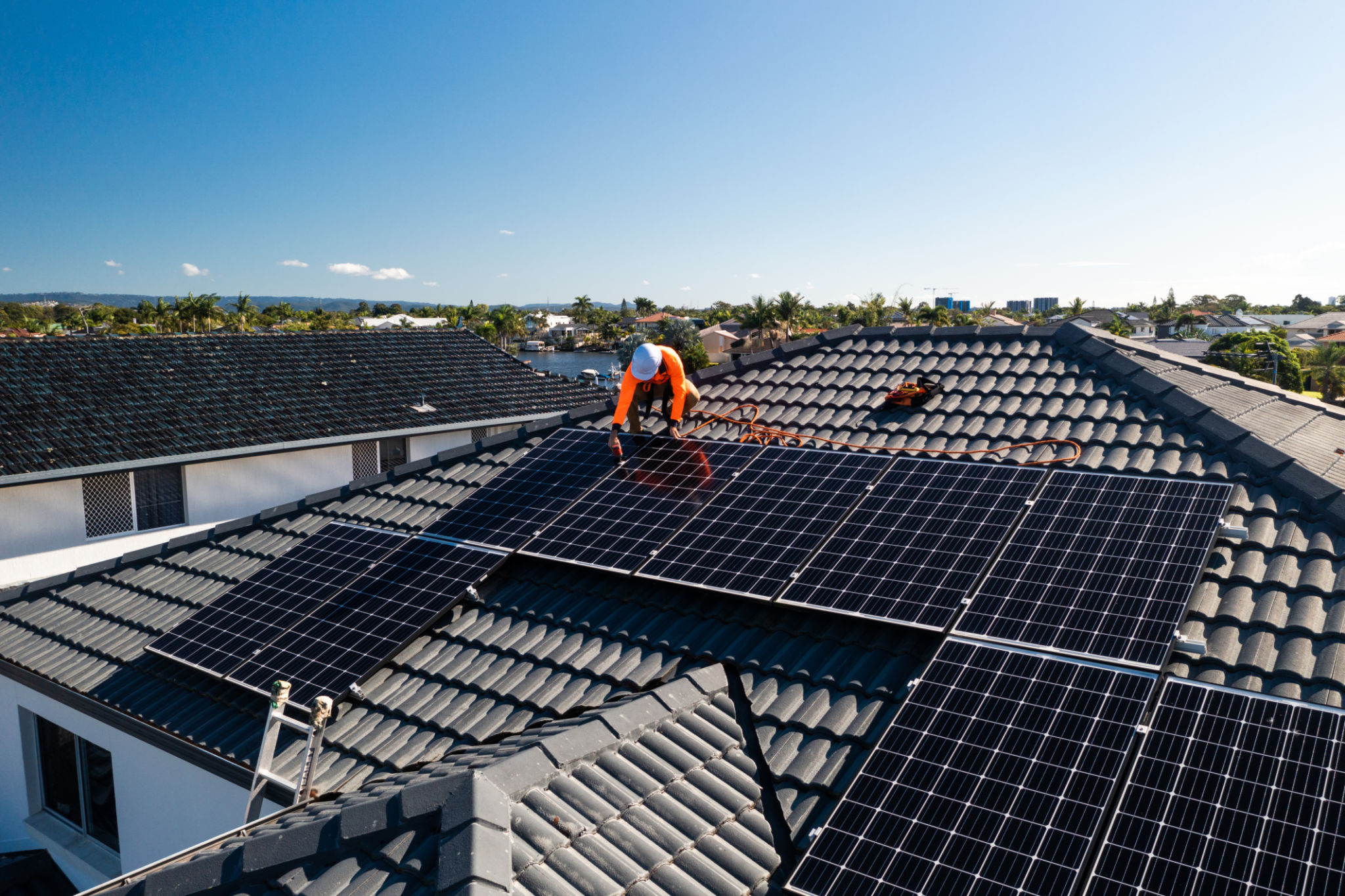Understanding Solar Energy Regulations in Australia: What You Need to Know
Introduction to Solar Energy Regulations
Australia has been at the forefront of adopting solar energy due to its abundant sunshine and commitment to reducing carbon emissions. However, understanding the regulations surrounding solar energy can be complex. This guide aims to demystify these regulations, helping you navigate the landscape effectively.
Solar energy regulations in Australia are governed at both federal and state levels. These regulations cover everything from installation standards to financial incentives, ensuring that solar systems are safe and beneficial for users. Understanding these rules is crucial for anyone considering a solar energy system.

State vs. Federal Regulations
In Australia, solar energy regulations are split between federal and state jurisdictions. The federal government primarily focuses on overarching policies, such as the Renewable Energy Target (RET), while state governments handle specific local regulations.
The RET is a federal initiative designed to ensure that 33,000 gigawatt-hours of Australia’s electricity comes from renewable sources by 2020. This has been extended to 2030, providing long-term support for solar energy projects. Meanwhile, each state might have additional incentives or requirements for solar installations.
State-Specific Incentives
Each Australian state offers different incentives and rebates to encourage the adoption of solar energy. For instance, New South Wales offers interest-free loans for solar panel installations, while South Australia provides battery storage subsidies. It’s essential to check with your local government to understand the specific benefits available in your area.

Installation and Safety Standards
Ensuring that solar panels are installed safely and correctly is a priority in Australia. The Clean Energy Council (CEC) plays a significant role in setting installation standards. Only CEC-accredited installers and products are eligible for government rebates, ensuring high-quality installations.
Additionally, safety standards require regular maintenance checks and compliance with electrical safety standards. These measures ensure that solar installations do not pose risks to homes or businesses.
Choosing the Right Installer
When selecting a solar installer, it’s important to verify their CEC accreditation. This accreditation guarantees that they adhere to industry standards and practices. You can find a list of accredited installers on the CEC website, ensuring peace of mind when investing in solar technology.

Understanding Solar Rebates and Incentives
One of the greatest advantages of investing in solar energy in Australia is the availability of rebates and incentives designed to reduce the initial costs. The Small-scale Renewable Energy Scheme (SRES) is a key federal initiative providing financial incentives through Small-scale Technology Certificates (STCs).
STCs can be sold or traded, offering a discount on the upfront cost of installing a solar system. The number of STCs you receive depends on your location, system size, and installation date. This scheme is instrumental in making solar energy more accessible to Australian households.
Maximizing Financial Benefits
To maximize financial benefits, it’s advisable to install your system sooner rather than later, as the number of STCs decreases each year. Additionally, combining federal incentives with state-specific rebates can significantly reduce the overall cost of your solar installation.

Conclusion
Navigating solar energy regulations in Australia can initially seem daunting, but understanding these guidelines can lead to significant financial and environmental benefits. By keeping informed about federal and state-specific regulations, installation standards, and available incentives, you can make informed decisions that contribute to a sustainable future.
As Australia continues to champion renewable energy, staying updated on regulatory changes ensures that you remain at the forefront of this green revolution. Embrace solar energy with confidence, knowing you are contributing to a cleaner, brighter future.
